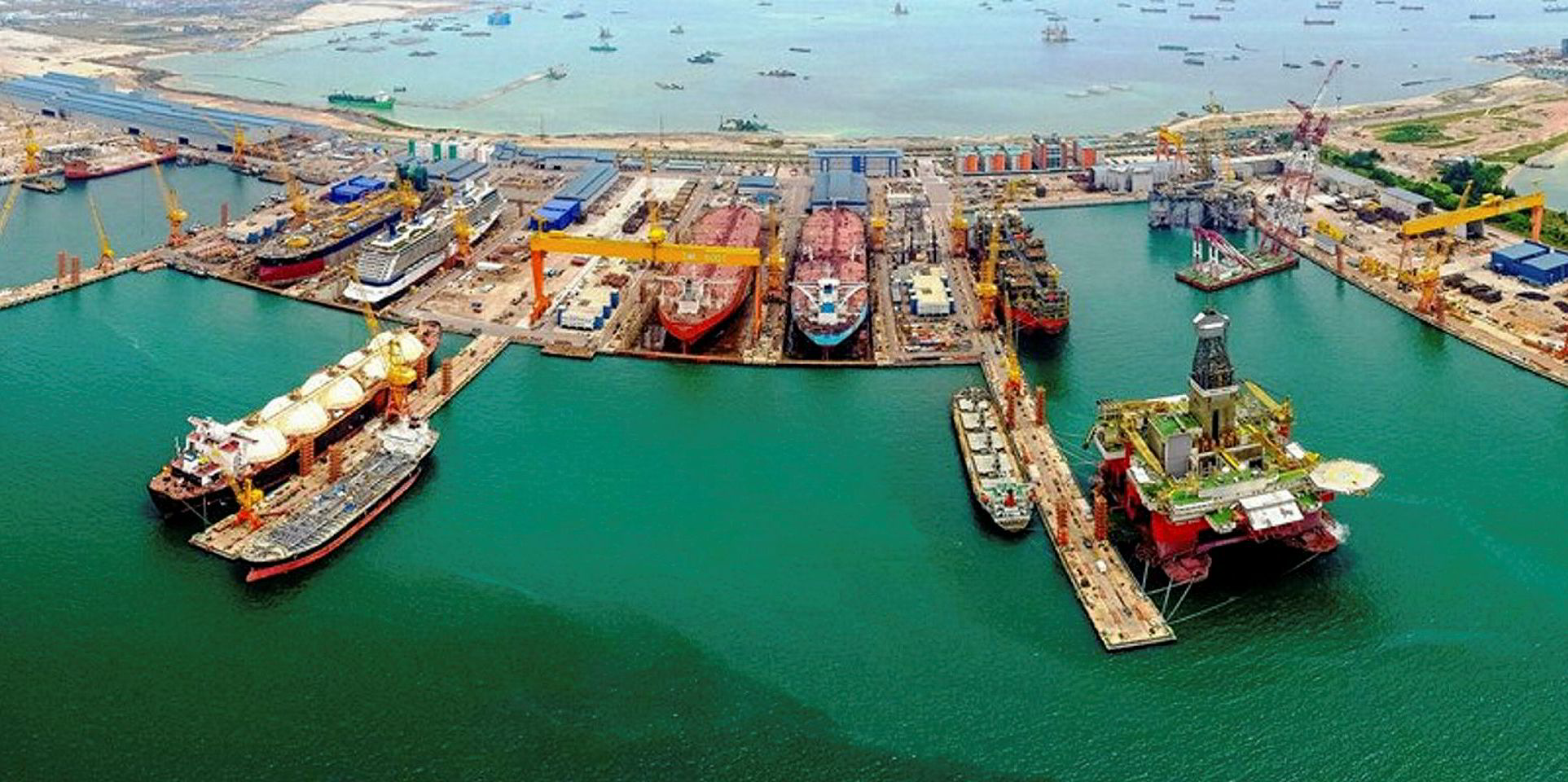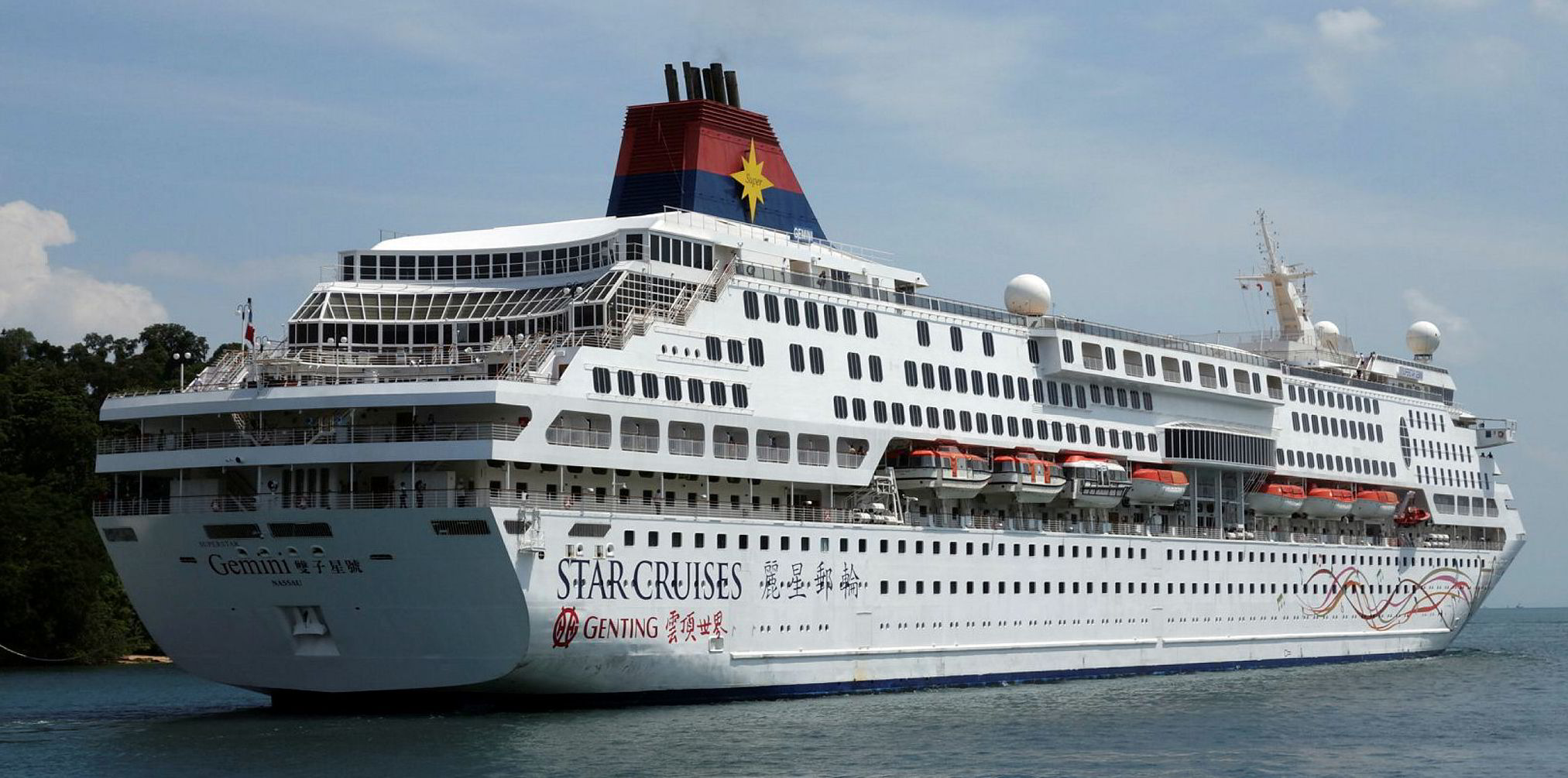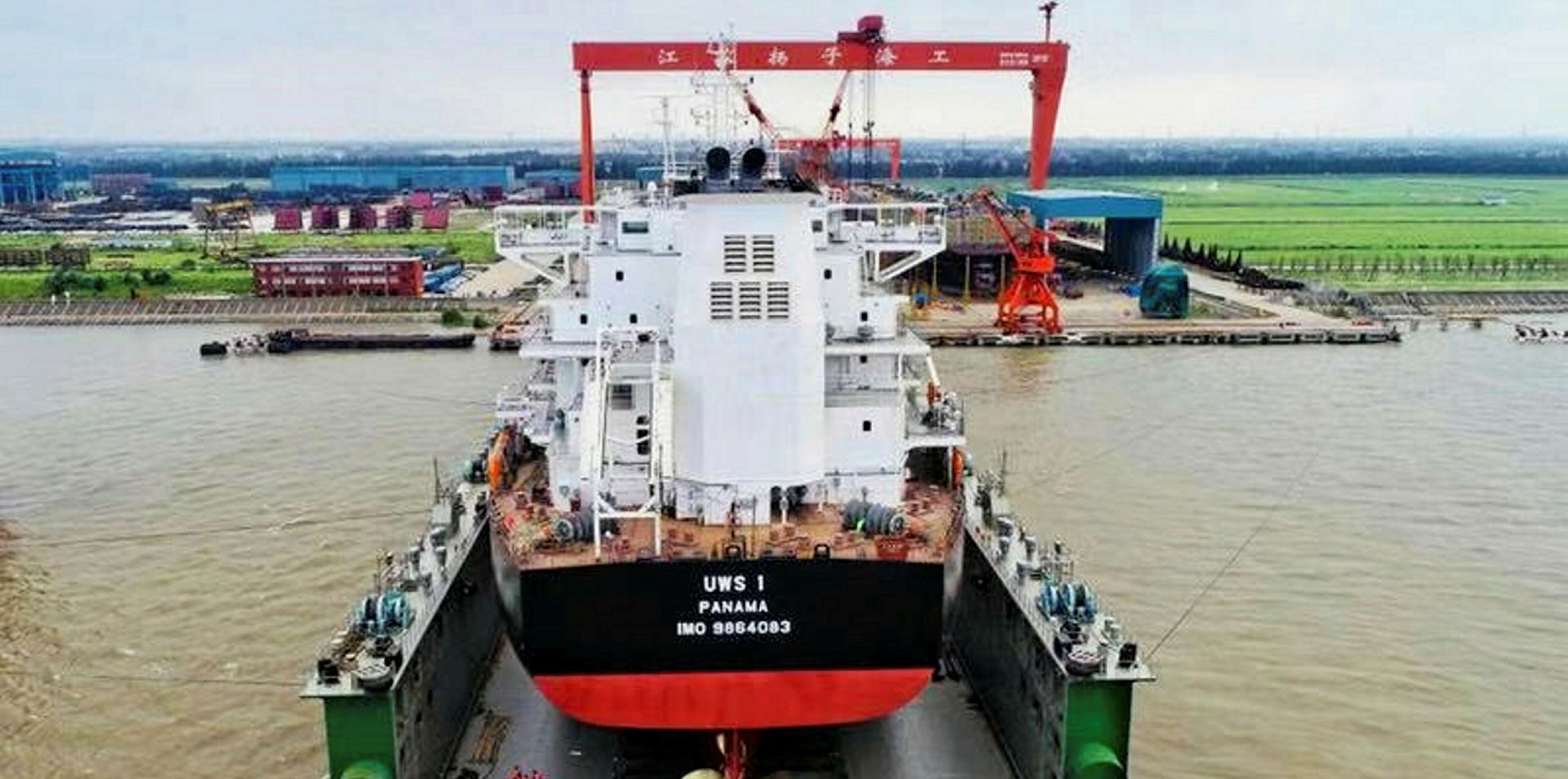Shipyards in Singapore were scrambling on Wednesday to find out whether they were able to continue operating following a raft of new anti-coronavirus measures announced on Tuesday evening.
Lee Hsien Loong, Singapore’s prime minister, extended the country’s lockdown by another month, effectively leaving most businesses shut until 1 June.
Lee, who prefers to refer to the measures as circuit breakers rather than a lockdown, said the resurgence of the virus in the city-state required extra measures to be put into place, including calling a halt to all business activities that are not critical for daily living or maintaining essential supply chains.
Singapore’s shipyards initially received exemption approvals from the government when the original circuit breakers were announced two weeks, ago, but on Monday, reports were beginning to emerge that work at some yards had ground to a halt after stop-work orders had been issued.
On Tuesday morning the Straits Times, Singapore’s largest broadsheet, reported that the Ministry of Trade and Industry had informed SembCorp Marine on Monday that it had to suspend all on-site activities within 24 hours, and that it had been granted only a limited permit to carry out works required for ensuring the safety of the ships and facilities in its yards.
On Tuesday afternoon, a SembCorp spokesman told TradeWinds that after some initial confusion, the Ministry of Trade and Industry had confirmed that the exemption approvals remained valid and the yards could therefore stay open.
However, the latest anti-coronavirus measures announced by the government on Tuesday evening have opened up further questions related to shipyard operations in Singapore.
Labour remains the big question
Even if the yards permits to operate remain valid, it is highly doubtful they will be able to function to anywhere close to full capacity given severe restrictions put in place on Singapore’s vast migrant labour force, who make up an overwhelmingly large percentage of the workforce at Singapore’s yards.
This army of 323,000 migrant workers, most of whom are from India and Bangladesh, have become the centre of Singapore’s escalating battle against coronavirus.
Mass clusters have broken out in the crowded dormitories housing these workers over the past two weeks.
Infection rates in the dormitories have soared over the past week, with the number of new cases topping the thousand mark on Monday and Tuesday.
Although initially caught off guard, authorities reacted swiftly by declaring dormitories in which large numbers of positive cases have been detected as isolation zones.
On Tuesday, Singapore’s Manpower Minister, Josephine Teo, announced even more drastic containment measures. Foreign workers staying in all dormitories would not be able to leave the premises and therefore were not allowed to go to work.
Only about 10,000 workers in services deemed to be absolutely essential would be rehoused elsewhere and continue working.
SembCorp Marine’s spokesmen said late on Tuesday night that it needed to clarify with the government departments how the new restrictions announced that evening would impact work at its shipyards.






